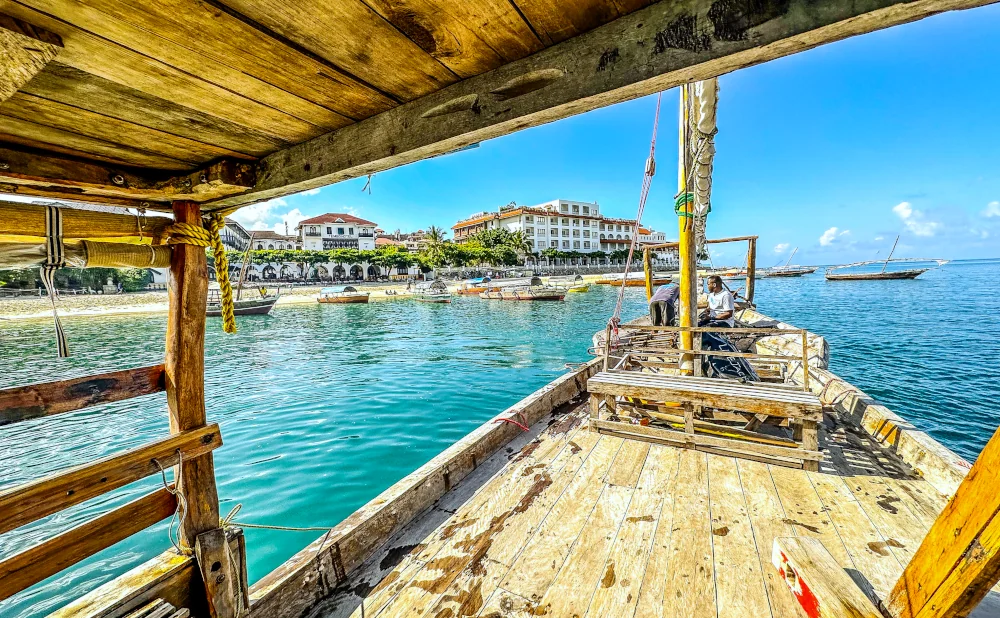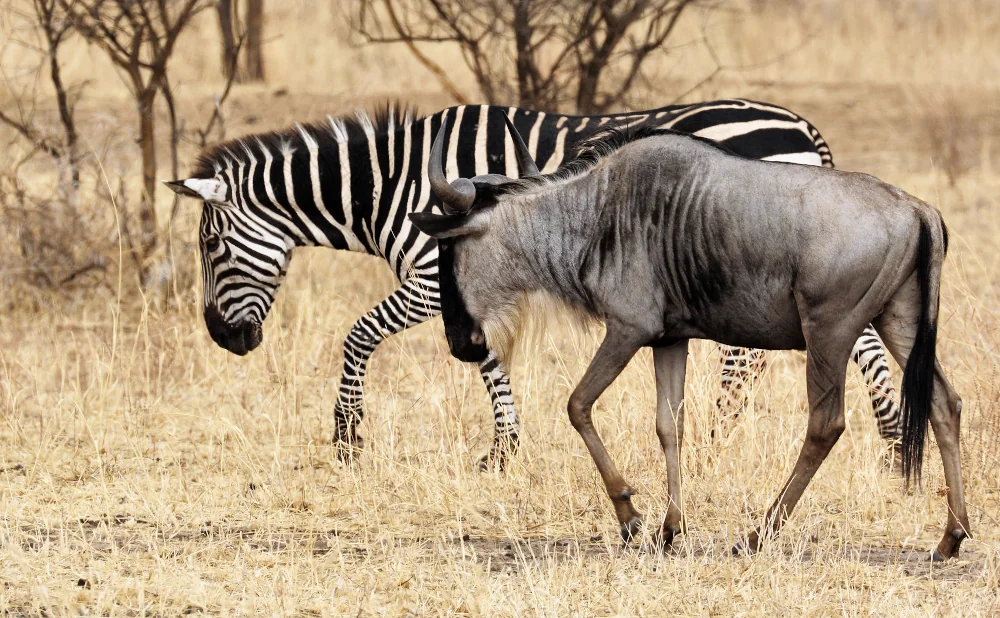Understanding Yellow Fever Risks in Zanzibar
Zanzibar, a tropical paradise, is a dream destination for many travelers. Its pristine beaches and rich culture are a magnet for tourists worldwide.
However, like many tropical regions, Zanzibar is not without its health risks. One such risk is yellow fever, a viral disease transmitted by mosquitoes.
Understanding the risks of yellow fever in Zanzibar is crucial for anyone planning a visit. This article aims to provide comprehensive information on this topic.
We will delve into the history and current status of yellow fever in Zanzibar. We'll also discuss the importance of the yellow fever vaccine and how to recognize the symptoms.
Our goal is to equip you with the knowledge you need to stay safe during your visit.
What is Yellow Fever?
Yellow fever is a viral disease. It is transmitted to humans through the bite of infected mosquitoes.
The disease is named for its most severe symptom: jaundice. This condition turns the skin and eyes yellow.
Yellow fever is endemic in tropical areas of Africa and South America. It poses a significant health risk in these regions.
Despite its severity, yellow fever is preventable. Vaccination is the most effective way to protect against the disease.
The Aedes Aegypti Mosquito and Yellow Fever Transmission
The Aedes aegypti mosquito is the primary vector of yellow fever. This mosquito species thrives in urban and semi-urban environments.
The mosquito becomes a carrier when it feeds on an infected human or primate. The virus then multiplies in the mosquito's body.
When the infected mosquito bites another person, the virus is transmitted. This is how yellow fever spreads among human populations.
Recognizing Yellow Fever Symptoms
Yellow fever symptoms typically appear 3 to 6 days after exposure. The initial symptoms are often similar to the flu.
These include fever, chills, headache, muscle aches, and backache. Some people may also experience loss of appetite, nausea, or vomiting.
If the disease progresses to the toxic phase, more severe symptoms can occur. These include jaundice, hence the name 'yellow' fever, bleeding, and organ failure.
Recognizing these symptoms early is crucial. It allows for prompt medical attention and reduces the risk of severe complications.
Yellow Fever Vaccine: Your Best Defense
The yellow fever vaccine is the most effective way to prevent infection. It provides lifelong protection for most people after just one dose.
The vaccine is safe and highly effective. It's recommended for anyone over 9 months of age traveling to Zanzibar.
However, it's not suitable for everyone. Certain individuals, such as those with severe allergies to egg proteins, may not be able to receive the vaccine.
Possible side effects include mild headaches, muscle pain, and low-grade fever. These usually disappear within a few days.
Understanding the Vaccine Requirements for Zanzibar
Zanzibar is considered a yellow fever endemic zone. This means that the risk of yellow fever transmission is present.
The World Health Organization (WHO) requires proof of yellow fever vaccination for travelers entering Zanzibar. This is to prevent the introduction of the virus into the country.
The vaccine should be administered at least 10 days before travel. This allows enough time for the body to develop immunity.
Failure to comply with these requirements may result in denied entry or quarantine.
The International Certificate of Vaccination or Prophylaxis (ICVP)
The International Certificate of Vaccination or Prophylaxis (ICVP) is proof of vaccination. It's required for entry into Zanzibar.
The ICVP is issued by the healthcare provider who administers the vaccine. It must be carried along with your passport when traveling.
It's important to keep the ICVP safe. It's your ticket to a worry-free and healthy travel experience in Zanzibar.
Yellow Fever Outbreaks and Risks in Zanzibar
Zanzibar has a history of yellow fever outbreaks. The island's tropical climate and mosquito population make it a risk area.
While the government and health organizations work to control the disease, the risk remains. This is especially true during the rainy season when mosquito populations increase.
Travelers to Zanzibar should be aware of this risk. It's important to stay informed about current yellow fever activity in the region.
Taking preventive measures, such as getting vaccinated and avoiding mosquito bites, is crucial. It's the best way to protect yourself and contribute to the overall control of the disease.
Preventing Yellow Fever in Zanzibar
Preventing yellow fever in Zanzibar involves a two-pronged approach. The first is vaccination, which provides lifelong protection against the disease.
The second is mosquito bite prevention. This is crucial as the Aedes aegypti mosquito, the primary vector of yellow fever, is prevalent in Zanzibar.
Here are some strategies to avoid mosquito bites:
- Use insect repellent.
- Wear long-sleeved shirts and long pants.
- Stay in places with window and door screens.
- Sleep under a mosquito bed net.
""
Mosquito Bite Prevention Strategies
Insect repellent is your first line of defense against mosquito bites. Choose a repellent with DEET, picaridin, or oil of lemon eucalyptus.
Wearing protective clothing is also important. Long-sleeved shirts and long pants can help protect your skin from mosquito bites.
Finally, consider your accommodation. Choose places with window and door screens or air conditioning. If these are not available, sleep under a mosquito bed net.
Travel Advisories and Health Notices for Zanzibar
Before traveling to Zanzibar, it's important to check travel advisories and health notices. These provide up-to-date information on yellow fever risks in the region.
The Centers for Disease Control and Prevention (CDC) and World Health Organization (WHO) are reliable sources for these updates. Stay informed and travel safe.
The Role of Government and Health Organizations
The government of Zanzibar, along with health organizations, plays a crucial role in controlling yellow fever. They implement measures at ports of entry to prevent the introduction of the disease.
Moreover, they conduct routine vaccinations and monitor mosquito populations. Their efforts are vital in maintaining public health.
Conclusion: Staying Informed and Prepared
Staying informed about the current yellow fever activity in Zanzibar is crucial for travelers. It helps in taking necessary precautions and making informed decisions.
Preparedness, including getting vaccinated and carrying the ICVP, is key to a safe and healthy travel experience. Always remember, prevention is better than cure.











